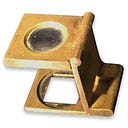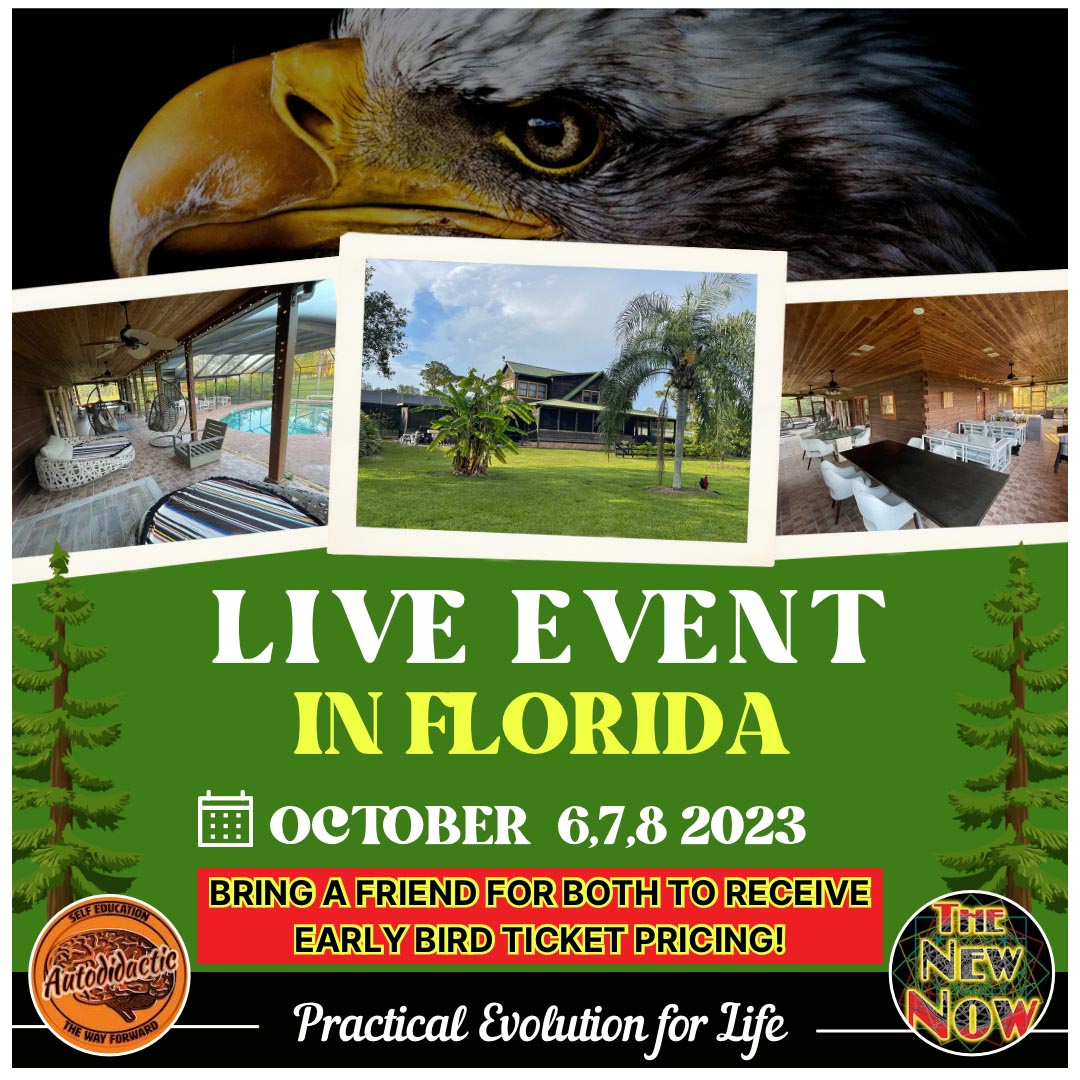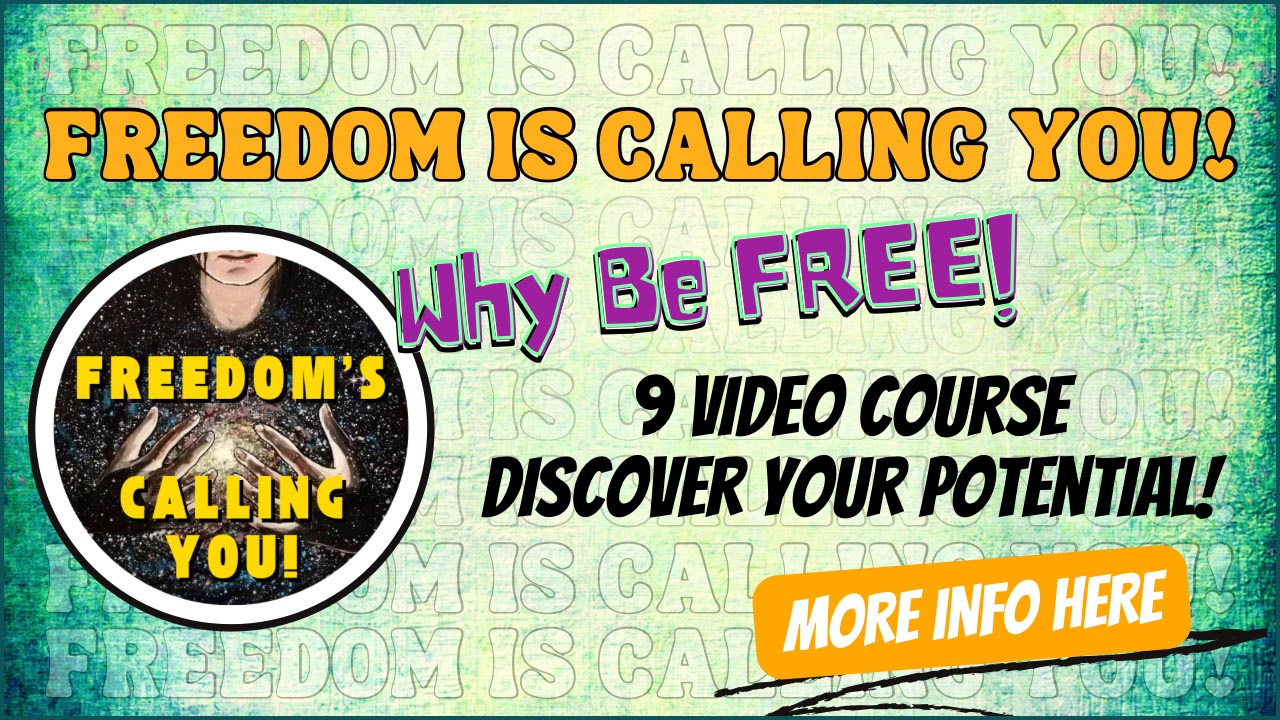The Reality of Magic
Excerpt from my book “An Unorthodox Truth”
by Franklin O’Kanu
Carl Jung, one of the most influential figures of the 21st century, remains relatively unknown to many. However, his contributions to psychology and the world are significant. Jung introduced concepts such as extraversion and introversion, archetypes, and the collective unconscious. These ideas have had a profound impact on psychiatry, religion, literature, and related fields.
Jung, a pioneer in analytical psychology, delved into the religious nature of human psychology, shedding light on the connection between the mind and spirituality. Despite his groundbreaking work, his name often goes unnoticed.
In our previous chapter, we explored the fascinating realm of Jung’s work. From the exploration of synchronicities that we all experience to the understanding of our own introverted or extroverted nature, Jung has provided us with invaluable insights.
However, one area that Jung dedicated substantial research to was the field of magic. In our last chapter, we looked into his interest in the paranormal and how it interacts with the “normal.” Jung proposed that the mind has the power to influence the external world. Through discussions with physicist Wolfgang Pauli, we witnessed the integration of the invisible realm of psychology with the visible world of physics.
The National Library of Medicine emphasizes this merging of disciplines in its paper titled “Carl Gustav Jung, Quantum Physics and the Spiritual Mind: A Mystical Vision of the Twenty-First Century.” In the paper, they quote:
In spite of the fact that physics and psychology are usually considered as unrelated, in the last century, both of these disciplines have led at the same time to revolutionary changes in the Western understanding of the cosmic order, discovering a non-empirical realm of the universe that doesn’t consist of material things but of forms. These forms are real, even though they are invisible, because they have the potential to appear in the empirical world and act in it.
We present arguments that force us to believe, that the empirical world is an emanation out of a cosmic realm of potentiality, whose forms can appear as physical structures in the external world and as archetypal concepts in our mind. Accordingly, the evolution of life now appears no longer as a process of the adaptation of species to their environment, but as the adaptation of minds to increasingly complex forms that exist in the cosmic potentiality.
In this chapter, we delve into the intriguing topic of how our minds can shape our world. We explore the ancient science of magic and its real and constant impact on our lives. Just as we have discovered the overlooked contributions of individuals like Jung, we explore what magic means for our existence on Earth.
To guide our exploration of magic, we draw from the book “Real Magic” by Dean Radin, Ph.D. We examine a wealth of studies and experiments that provide evidence for the influence of magic on our reality. The back cover of “Real Magic” summarizes Radin’s perspective.
According to Dean Radin, renowned scientist and bestselling author of ‘The Conscious Universe,’ magic is a natural aspect of reality. With diligent practice, each of us can tap into this power. Are ESP and telepathy mere flights of imagination? Not according to Radin, who contributed to Stargate, the US government’s top-secret psychic espionage program. After forty years of controlled experiments, Radin demonstrates that thoughts have tangible effects, that we can perceive others’ emotions and intentions from a distance, and that intuition holds greater power than we once believed. By harnessing these dormant powers, we can lead more interesting and fulfilling lives.
As this passage suggests, magic is not merely wishful thinking; it is an inherent part of our reality. With practice, we can tap into this power. This quest for understanding and utilizing magic is one of the key aims of this final chapter.
In this chapter, our main goal is to prove the existence of magic. We’ll delve into its origins, dating back to the dawn of civilization, and its prevalence before electricity transformed our world. Once we have established the historical context, we will delve into the reality of magic. We will examine various studies and experiments that have confirmed the authenticity of magical phenomena. Furthermore, we’ll examine the implications of magic on our society and scientific understanding. Is magic a natural part of our reality, and if so, how does it impact our daily lives?
Now, as we progress through the book, we leave behind outdated notions and venture into uncharted territory. We have already uncovered the fallacies surrounding evolution, dinosaurs, and governments – freeing ourselves from the constraints of conventional thinking. In our journey outside the cave, we confront the concept of a flat earth, contemplating what it means if our existence is at the center of the entire universe. Now, we are ready to take even further steps outside of the cave and uncover the truth, the unorthodox truth, about our reality and the potential of our lives and existence.
Congratulations on reaching this point in our journey. Without further delay, let’s dive right in and explore the captivating realm of magic.

Franklin O’Kanu

Unorthodoxy
Photo by Greg Rakozy on Unsplash















